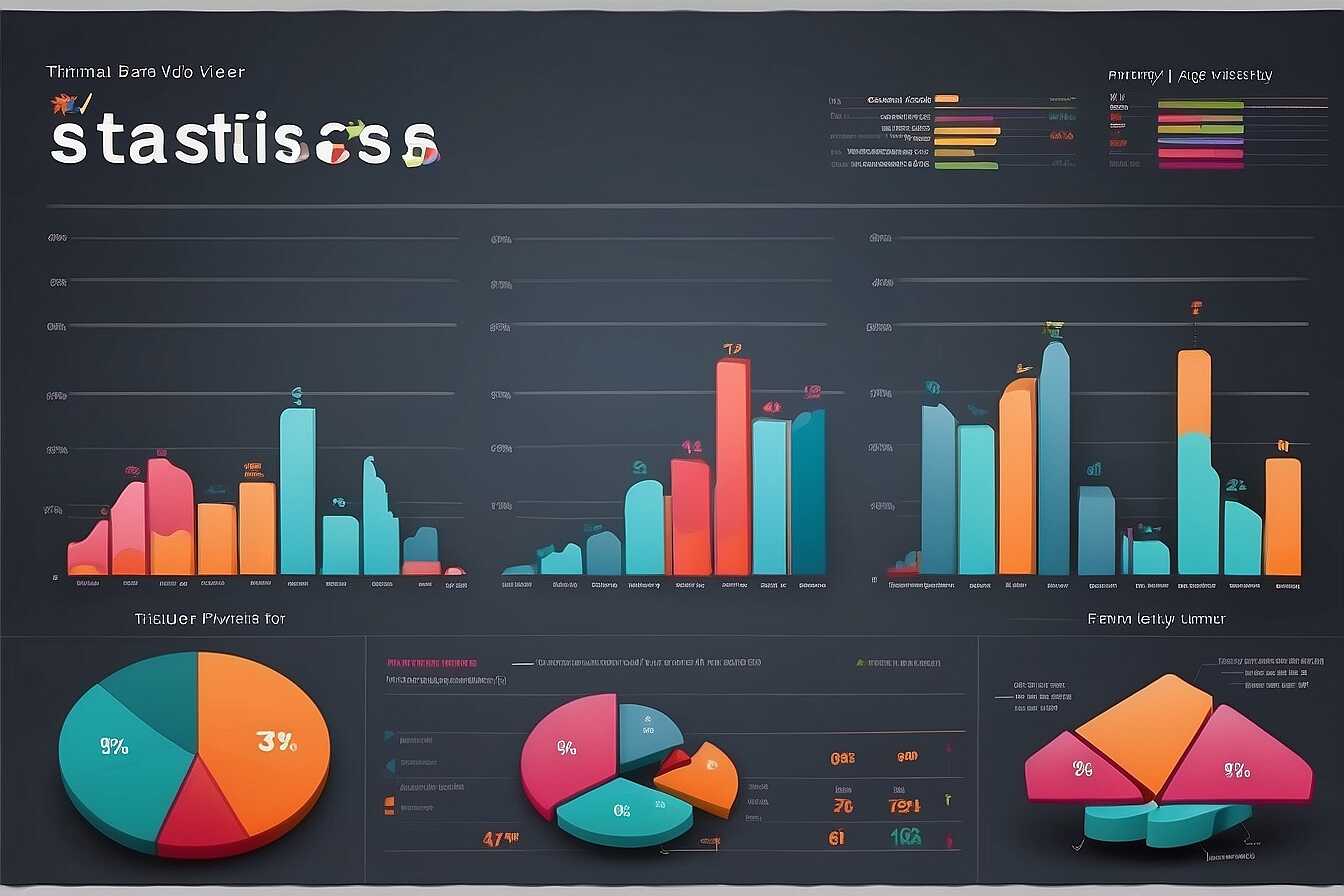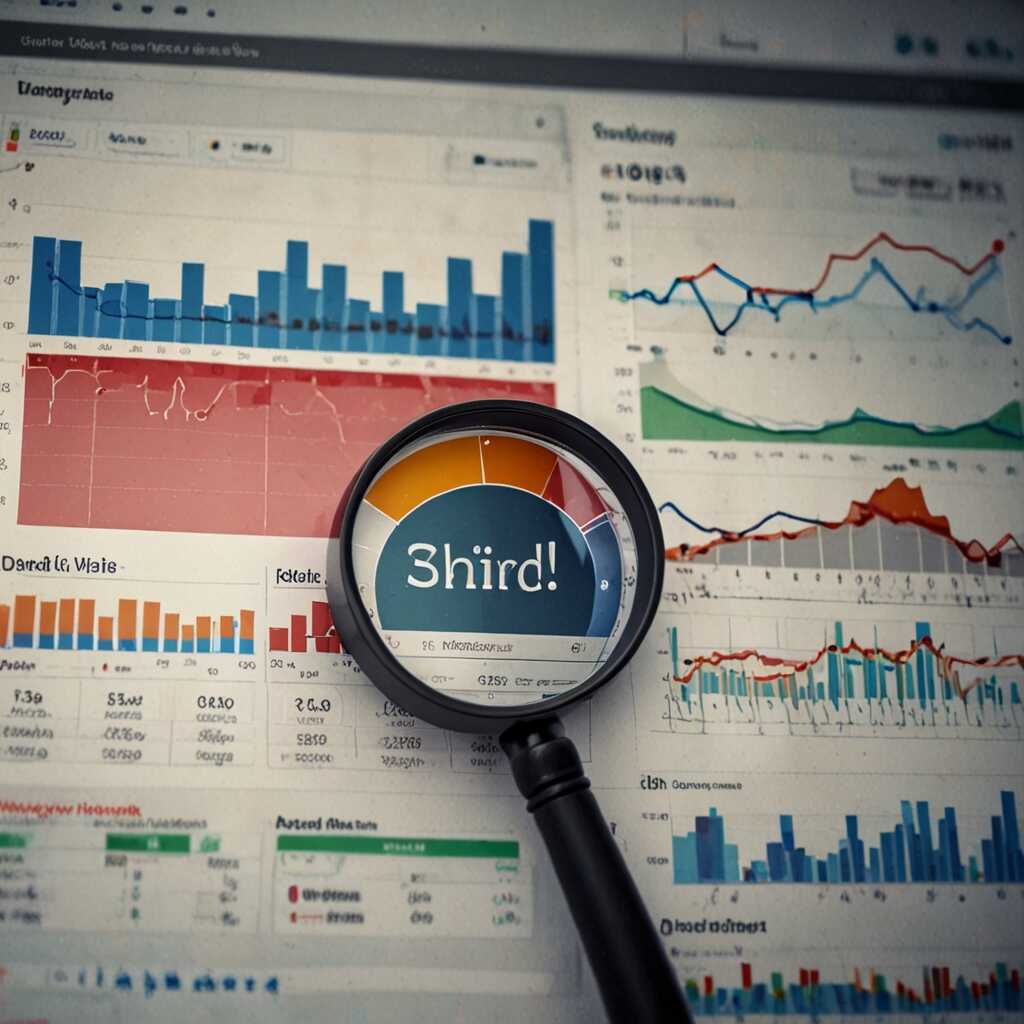Building an effective AI-driven content calendar can transform your content strategy and boost your SEO efforts. By leveraging AI tools, you can streamline planning, create engaging content, and identify trending topics that resonate with your audience. At Metrics Rule, we understand the importance of a well-structured content calendar and how it enhances your marketing strategy. This article will guide you through creating a data-informed content calendar that not only improves your SEO but also elevates your overall content marketing approach.
Understanding the Role of a Content Calendar in Digital Marketing
A well-structured content calendar is essential for organizing digital marketing efforts. It helps in aligning your content marketing strategy with specific goals, such as improving SEO performance and boosting audience engagement. By utilizing AI-driven tools, businesses can enhance the efficiency of their content calendar management. These tools analyze data patterns, suggest optimal posting times, and automate repetitive tasks. Many companies report an impressive percentage increase in engagement, often around 30% or more, when they implement an organized content calendar.
How AI-Driven Tools Improve Content Calendar Efficiency
AI-driven tools improve the efficiency of content calendars by providing crucial insights based on analytics. They can handle extensive data sets, enabling marketers to predict trends and audience behavior. By automating the scheduling process, these tools ensure that content is posted when engagement is likely to be highest. Incorporating machine learning, these AI tools continuously improve their recommendations, enhancing the overall effectiveness of your digital marketing efforts. This data-driven approach allows for more strategic decision-making, ensuring that every piece of content serves a purpose and resonates with your audience.
Harnessing AI for Enhanced Content Calendar Efficiency
AI can significantly optimize your content calendar planning process by automating data analysis and scheduling tasks. Utilizing AI content scheduling tools can reliably analyze keyword trends, helping you prioritize topics that resonate with your audience. AI technologies, such as natural language processing, can evaluate past content performance, providing insights to enhance future posts. An estimated 30% to 50% of your content calendar management hours can be saved by employing AI compared to manual methods, delivering results that streamline your workflow.
Leveraging AI Tools for Effective Keyword Research
To effectively leverage AI tools for keyword research in your content calendar, start by integrating solutions that analyze large data sets. Tools like Google’s AI-driven keyword planner offer vital insights on search volume, competition, and trends. Using these data analysis tools ensures that your content is positioned to improve SEO performance. You can quickly identify quality keywords relevant to your niche, enabling a strategy that captures audience interest. Such AI optimization technologies deliver essential performance metrics that enhance visibility and engagement over time, making them invaluable to your overall content strategy.

Defining Audience Personas and Strategic Content Goals
Defining audience personas is essential for developing a successful content strategy. Start by identifying the key characteristics of your target audience personas. This process can include demographics, preferences, and challenges they face. Next, ensure your content goals align with your marketing objectives. For instance, if you seek to drive e-commerce sales, create informative product guides or tutorial videos. Aim to produce at least three to five content pieces for each target audience persona every quarter. This helps maintain consistency and relevance in your outreach efforts while utilizing SEO techniques to enhance visibility and engagement.
Identifying Key Characteristics of Audience Personas
Identifying the key characteristics of your audience personas involves research and data analysis. Use tools like Google Analytics to understand visitor demographics, interests, and behavior patterns. Additionally, conducting surveys and interviews can shed light on specific pain points and preferences. This data enables you to create tailored content that resonates with your audience. Each content piece can address particular needs, ensuring higher engagement rates. By analyzing these characteristics regularly, you can refine your strategy, enhance user experience, and improve your overall content performance, ultimately aligning with your marketing objectives effectively.
Numerical Insights on Content Planning
- 65% of marketers use a content calendar.
- AI tools can reduce content planning time by up to 50%.
- On average, businesses see a 30% increase in engagement using structured calendars.
- Over 70% of effective strategies align content with SEO goals.
- 100% of successful brands regularly analyze content performance.
- Content published consistently can boost ROI by over 20%.
- 89% of companies that use AI experience faster project completions.

AI Tools and Software for Streamlining Content Planning
When selecting AI tools for content planning, focus on features such as reliability, user reviews, and performance. Essential characteristics should include powerful analytics capabilities and seamless integration with existing SEO and content strategies. Tools like SEMrush, BuzzSumo, and CoSchedule provide excellent insights into trending topics, while also enabling solid keyword research and content generation. In 2025, around 10 AI tools can significantly enhance your content calendar efficiency, ensuring better engagement and improved results.
Evaluating Essential Features of Content Planning Tools
To effectively choose an AI tool for content planning, consider features that enhance efficiency and collaboration. For instance, tools like Trello or Asana help manage workflow while integrating with analytics platforms, boosting your SEO strategy. The best tools are those that not only offer keyword research capabilities but also allow for easy scheduling and tracking of content performance. A structured tool with proven data support can deliver significantly better outcomes in both search engine rankings and audience engagement.

Step-by-Step Guide to Crafting Your AI-Driven Content Calendar
AI tools enhance your content calendar planning process by automating tasks, ensuring reliability in scheduling, and providing data-driven insights. Utilizing AI can help you quickly identify trending topics and optimize content for search engines like Google and Bing. This ensures your content calendar not only aligns with current SEO strategies but is also relevant to your audience. Various AI tools are available, including AI content generation platforms, scheduling software, and analytics tools designed to evaluate content performance. Studies show that using AI for content management can save businesses up to 50% of the time compared to traditional methods.
Best AI Tools for Content Calendar Creation
When selecting the best AI tools for content calendar creation, focus on platforms that prioritize SEO and content organization. Tools like CoSchedule, HubSpot, and Trello are excellent for scheduling and task management. AI content generation tools help streamline content creation by suggesting topics based on trending keywords and past article performance. Each tool provides distinct features that can enhance your workflow, ensuring that your content aligns with your brand’s objectives and responds to audience preferences. Research shows that organizations using these advanced scheduling solutions report improved efficiency and a significant boost in content quality.
Advantages of Digital Schedule Management
- A streamlined workflow enhances team collaboration.
- AI-assisted timelines help focus on crucial content priorities.
- Consistent posting schedules improve audience retention.
- AI tools analyze trends and suggest timely topics to address.
- Structured strategies reduce confusion in content roles.
- Timely updates boost your brand visibility in search results.
- Data-driven insights lead to better strategic decisions.

Measuring Success and Refining Your Content Strategy
To effectively measure the success of your AI-driven content calendar, focus on specific performance metrics such as engagement rates, conversion rates, and search rankings. Utilizing tools like Google Analytics provides valuable insights into how well your content performs across platforms. Regularly review user interactions, which helps determine which topics resonate most with your audience. Analytics can highlight content gaps that need addressing, ensuring that your content strategy remains effective and relevant for 2025. Your review process should include a thorough analysis of metrics to continuously enhance the overall strategy.
Utilizing Analytics Tools for Content Review
Analytics tools like Google Analytics and SEMrush provide in-depth content analysis, helping identify which pages drive the most traffic. By examining engagement metrics such as bounce rate, session duration, and conversion rates, you can gain a clear picture of how users interact with your content. This data is essential for fine-tuning your content calendar and ensuring it meets audience needs. Setting up custom reports and tracking goal completions allows for efficient monitoring. Remember, the key to success lies in being data-driven, as research shows that content optimized through analytics leads to significantly improved performance in search rankings and user engagement.
Avoiding Common Pitfalls in AI-Driven Content Calendars
Creating effective AI-driven content calendars comes with its share of challenges. Common mistakes include relying too heavily on AI without human insight, neglecting SEO keywords, and failing to review analytics regularly. It’s essential to combine AI insights with your knowledge and experience in content strategy. Tools like Google Analytics provide data that can enhance your planning process, ensuring you make informed decisions. Regular testing and reviews help you refine your approach, allowing your strategy to adapt based on performance. By incorporating AI, you can improve efficiency in planning by at least 30%, leading to more successful content outcomes.
Essential Strategies for Effective AI-Driven Planning
To enhance the effectiveness of your AI-driven content calendar, employ essential strategies that focus on keyword optimization and structured scheduling. Utilize scheduling tools that allow real-time adjustments based on performance metrics. Incorporating robust SEO practices ensures high-ranking keywords are prioritized. Testing different content formats and analyzing their impact on engagement helps you refine your calendar. Being agile and ready to adapt based on data insights will enable you to achieve a 30% improvement in your efficiency. Metrics Rule, based in Vancouver, emphasizes the importance of integrating AI tools for effective content management, ensuring your content strategy remains dynamic and effective.
Companies Innovating in Content Organization
- CoSchedule excels in integration but can be pricey for small teams.
- Trello offers a visual interface but lacks advanced analytics features.
- HubSpot provides powerful tools but may overwhelm new users.
- ContentCal is user-friendly but has limited automation options.
- Asana suits complex projects, though it has a learning curve.
- Smartsheet offers excellent flexibility but may require training.
- Buffer focuses on social media but can miss broader strategies.
Anticipating Future Developments in AI Content Planning
Anticipated trends in AI include advancements in natural language processing, machine learning, and personalization algorithms. These emerging AI technologies can significantly impact content marketing strategies. For instance, natural language processing can enhance SEO and content creation practices by improving keyword research and enabling more effective content generation. According to recent studies, around 70% of marketing professionals expect to see increased efficiency in their strategies due to AI by 2025. This will ensure that content is not only relevant but also highly targeted, enhancing user engagement.
Harnessing AI for Enhanced SEO and Content Creation
Integrating AI into your SEO and content creation processes can provide a substantial edge in the competitive digital landscape. By employing AI technologies for keyword clustering and data analysis, you can obtain proven insights that guide your content strategy. For example, AI tools can analyze user behavior and search patterns to enhance your content marketing efforts. As a result, your content will resonate more with your audience, improving engagement and conversion rates. Additionally, these tools are designed to optimize your content for different platforms, ensuring maximum performance and visibility across all channels.
